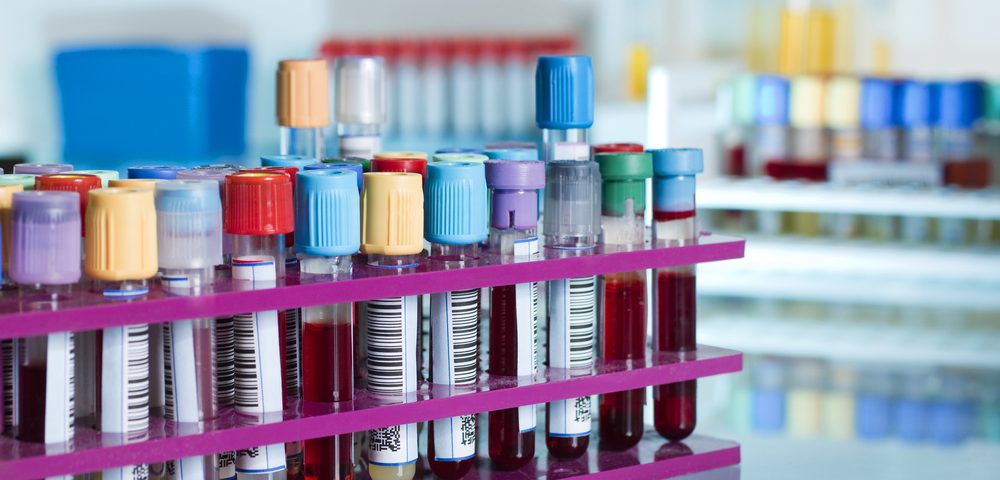France’s Institut Curie and the United States’ Freenome company will test whether an artificial intelligence technology focused on blood biomarkers can predict a person’s response to cancer treatment.
Checking blood for tumor cells and DNA is a recent, non-invasive alternative to surgical biopsy for detecting cancer. Researchers at Institut Curie are pioneers in the field, developing several detection methods using DNA circulating in the blood, or ctDNA.
Freenome has been using machine learning to look beyond tumor DNA to improve cancer detection. The South San Francisco-based company has created a growing database of cell-free cancer biomarkers. It uses them to develop blood tests for early detection of cancer and predicting an immunotherapy’s response to it.
Under the partnership, Freenome will analyze blood samples from participants in the exploratory ALCINA clinical trial (NCT02866149), which is still recruiting. The study is looking for links between blood biomarkers and how well cancer patients respond to PD-1 inhibitors, either alone or in combination with other therapies.
PD-1 inhibitors keep PD-L1 protein receptors on cancer cells from binding to PD-1 protein on T-cells — white blood cells that attack tumors. The binding prevents an immune attack. The bottom line is that PD-1 inhibitors boost the immune response against cancer cells.
Freenome’s tests could help identify cancer patients more likely to respond to PD-1 inhibitors. This could reveal new targets in precision oncology and improve treatment decisions.
As an example, about 80% of advanced non-small-cell lung cancer patients fail to respond to PD-1 inhibitors. Doctors could use Freenome’s tests to avoid treating patients who would not benefit.
“Our machine learning scientists and molecular biologists are evaluating the cell-free genome,” Blandine Merino, vice president of Business Development at Freenome, said in a press release. This evaluation and other analytics provide “a more complete picture of the dynamic interaction between the tumor and its environment,” Merino said.
Freenome scientists use diverse molecular biology signals to provide “new insights into possible mechanisms of [cancer treatment] resistance and [ways of] guiding treatment selection for patients,” Merino said.
“This agreement is one of the first at the Institut Curie with a company specializing in both cell-free biomarkers and applying machine learning to large data sets,” said Amaury Martin, director of the Institut Carnot Curie Cancer.
“The technologies developed by Freenome will fully benefit our patients, and its access within the institute will speed up future collaborations for developing and validating predictive tests,” he added.


